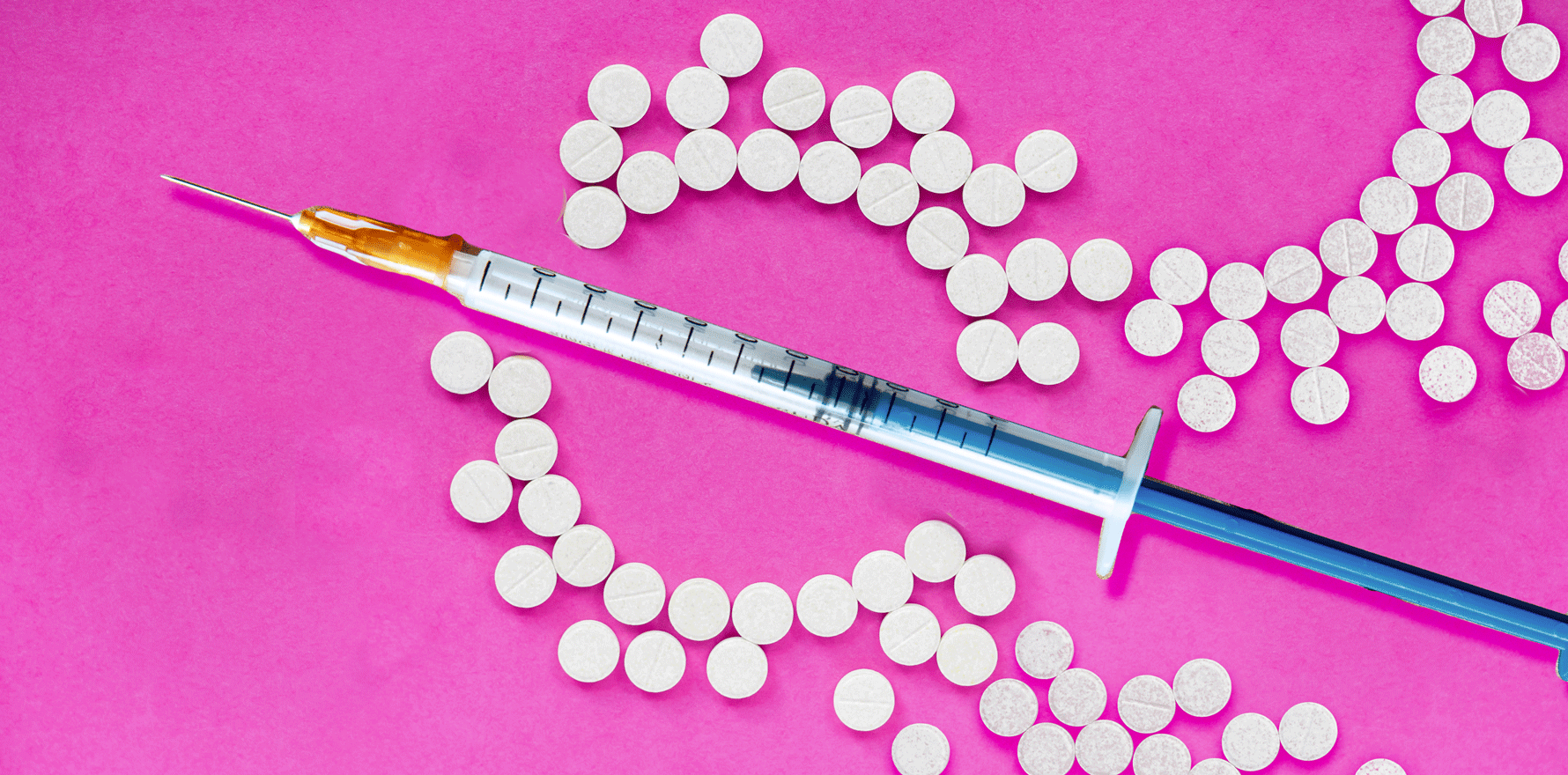PMR benefit still apparent one year after a single dose of rituximab.
An extension study of the BRIDGE-PMR trial has found that PMR patients in glucocorticoid-free remission 17 weeks after a single dose of rituximab remained in remission at one year after infusion.
The original BRIDGE-PMR trial included 47 participants in the Netherlands with newly diagnosed or relapsing PMR, of which 23 were randomised into the rituximab treatment group and 24 into placebo.
Patients were given a 1000mg dose of rituximab or placebo, and 15mg of prednisolone which was tapered over the course of 17 weeks. Relapses were treated with the lowest effective pre-relapse prednisolone dose.
At 21 weeks, 48% of patients in the rituximab group were in glucocorticoid-free remission, compared with 21% of the placebo group.
In the extension phase, published in the Lancet Rheumatology, patients were assessed one year after the initial infusion. While all patients were available for follow-up, there were some missing data for six patients due to missed appointments (attributed to the covid pandemic).
Among patients with complete datasets, 47% of the rituximab group were in glucocorticoid-free remission compared with 23% of the placebo group, which was not statistically significant. After imputation to account for missing data, 52% of the rituximab vs 21% of the placebo group were in glucocorticoid-free remission (p=0.04).
On other measures, those in the rituximab group had a significantly lower cumulative dose of glucocorticoids (median 1595mg) than those in the placebo group (median 2302mg) with the difference becoming larger over time from week 21 to 52.
The PMR-Activity Score – incorporating measures of CRP, morning stiffness, upper limb elevation, pain VAS and physician’s global VAS – was also significantly lower with rituximab than placebo in the imputed analysis, but not the complete case analysis.
“The results for the 1-year extension of BRIDGE-PMR are quite interesting, in that there appeared to be a disease-modifying effect after participants were given a single infusion of 1g rituximab,” said Melbourne rheumatologist Dr Claire Owen.
“This effect was much more noticeable after 12 months than the initial BRIDGE-PMR study of 21 weeks duration.”
“So, the results are promising in some respects, but further study is definitely needed”.
The number of patients experiencing adverse events was similar in both groups, although Dr Owen pointed out that the study was mostly undertaken in a largely pre-covid setting, “which would now be a concern with rituximab use in this elderly population”.
The authors noted there was no formal assessment of glucocorticoid toxicity among adverse events.
Patients with recently diagnosed PMR were more likely to be in remission after rituximab treatment than those with relapsing disease, with authors speculating there may be a “limited a window of opportunity during which rituximab modifies disease course”. However, numbers were too small to allow meaningful interpretation.
Strengths of the study included the lack of loss to follow up and maintenance of blinding over the extension period.
Apart from the small numbers, limitations included reliance on physician discretion to classify and treat relapse due to a lack of consensus-based remission or relapse criteria, which may have resulted in undertreatment or overtreatment.
The authors called for a larger trial to confirm findings. The researchers are also keen to explore whether patients might benefit from rituximab retreatment, and also to establish the optimal dose.





